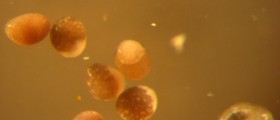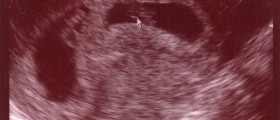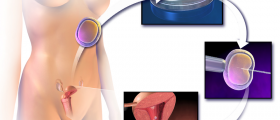
The difference in live birth rates is certainly interesting, and it's no wonder that scientists have been looking for a reasonable explanation. But, not everyone in the medical community agrees with the hypothesis that twin embryos somehow assist each other, or that this is the only possible explanation for the difference in survival rates.
Dr Alan B Copperman, director of reproductive endocrinology at Mount Sinai School of Medicine in New York, told Reuters Health: "The authors have offered an interesting hypothesis. But their data are not sufficient to overturn our current understanding that embryo implantation is independent, and we do not have evidence that individual embryos 'help each other' implant."
Reuters and other sources have warned about the dangers of twin pregnancies as well, pointing out that they carry a higher risk of complications. In addition, those couples who end up pregnant with higher order multiples after IVF often face the dilemma of whether to accept such a risky pregnancy, or to undergo selective reduction. Some doctors have pointed out the benefits of single embryo IVF... something that just shows one study is never enough to help real people decide how to approach real IVF.
Theoretical knowledge is interesting, but never enough to guide the decision making process. Particularly with a study like this one, published in the journal Obstetrics and Gynecology.






_f_280x120.jpg)









Your thoughts on this
Loading...